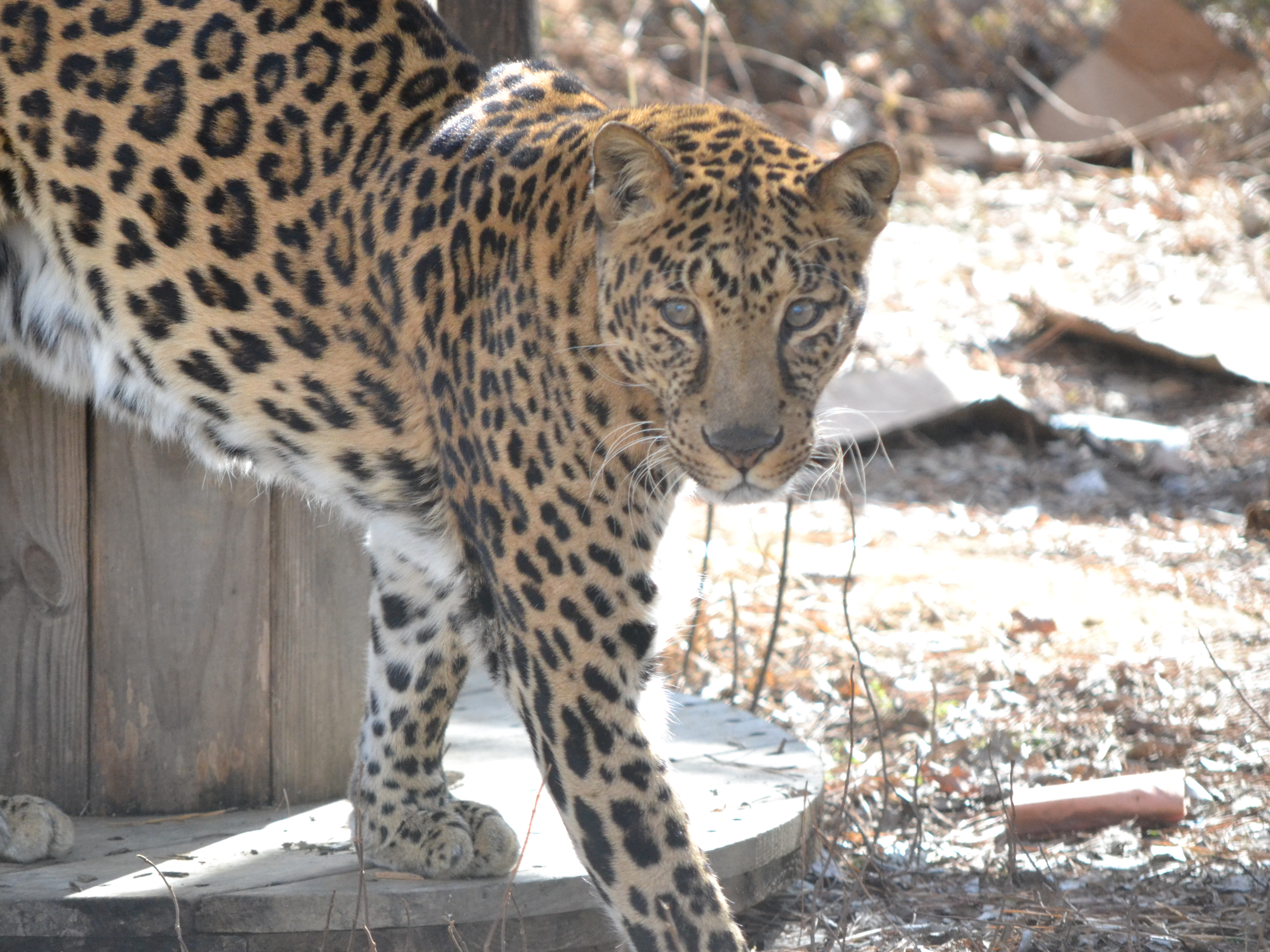Caracals (scientific name: Caracal caracal) are solitary cats, living most of their lives alone. Female caracals will take care of their kittens until they are around a year old and then the kittens leave to find their own territories. In Africa, Caracals are known as “Little Lions” for their fierce attitudes and aggressive nature.
- Reddish-brown, tawny (orange-brown) colored fur
- Black ears with long tufts of hair at the tips, thought to be used for communication with young or other caracals
- White bellies

 WHERE WE LIVE
WHERE WE LIVECaracals live in Africa and the Middle East in a variety of habitats including woodlands, savannas, and semi-deserts. They live in mostly arid (dry) habitats with some rainfall and cover. A caracal will typically remain in its territory its entire life. Female caracals have smaller habitats than males.






OBLIGATE CARNIVORE
- Birds
- Snakes
- Sheep
- Small Antelopes
Caracals are excellent bird catchers and can swat one out of the air as it flies by.
![]()
- Habitat Loss
Caracals are losing a lot of their habitat to farming and urbanization. - Retaliatory Killings
Farmers hunt caracals when the caracals take their livestock. - Considered: Least Concern
jump








